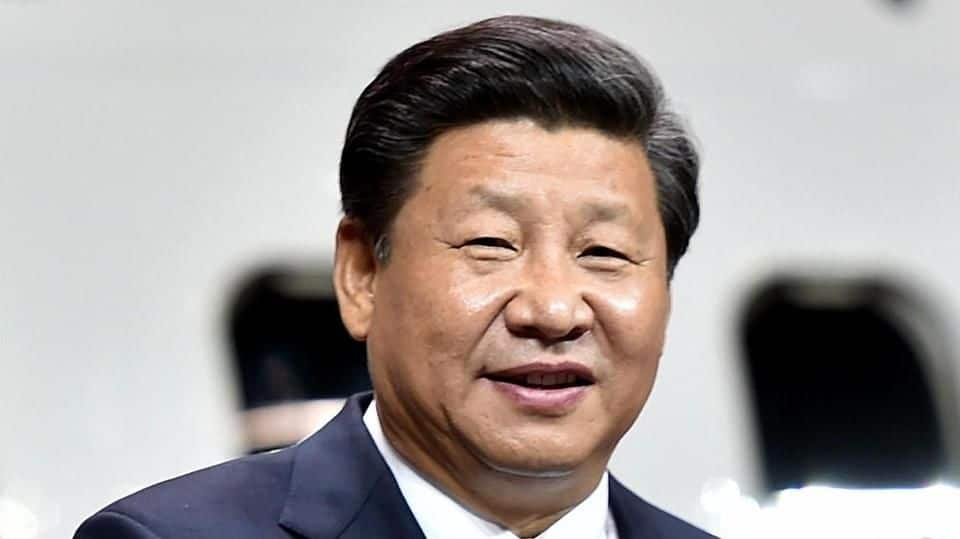
China hopes India-US-Australia-Japan doesn't harm "third party"
What's the story
China is worried that the revival of the India-US-Japan-Australia quadrilateral security dialogue would seek to undermine its global influence. The Chinese foreign ministry said it hoped the dialogue wouldn't be used for "targeting or damaging third party's interest." After a nearly decade-long break, the first meeting of the dialogue is expected to take place in Manila on the sidelines of the East Asia Summit.
27 Oct 2017
Japan to propose strategic dialogue with India-US-Australia to counter China
On October 27, it was reported that Japan would be proposing the creation of a quadrilateral strategic dialogue between it and the US, India, and Australia, according to Japanese foreign minister Taro Kono. Japanese PM Shinzo Abe would likely propose the dialogue idea to US President Donald Trump when the two hold a summit meeting.
28 Oct 2017
New Delhi "open" to US-India-Japan-Australia quadrilateral strategic dialogue
Japan and America were reportedly urging India to join them and Australia to form a quadrilateral strategic dialogue to counter China's growing regional assertiveness. On October 28, responding to questions over the proposed grouping, Indian MEA spokesman Raveesh Kumar said, India has an "open mind" to work with "like-minded countries" on agendas relevant to it. "We are not rigid in this regard," he added.
Statement
What the Chinese statement entail
The Chinese foreign ministry said without naming the quadrilateral dialogue that it would comply with trends of "peace, development, cooperation and shared benefits,… common security and development." "We hope it would be beneficial for improving mutual trust among countries and regions, and at the same time, safeguard and promote peace, tranquillity, and prosperity within the area, without targeting or damaging a third party's interest."
Information
Japan first mooted dialogue in 2007, shelved by Australia
The idea of the quadrilateral security dialogue was first mooted by Abe in 2007. An "in principle" assent was given by India for this but Australia's then PM Keven Rudd withdrew in an apparent bid to assuage China's concerns. No progress was made until recently.
Details
Chinese expert: India won't be able to contribute to quadrilateral
Meanwhile, Prof Lian Degui of Shanghai International Studies University, wrote in the Chinese state-owned Global Times that India would hardly be able to contribute to regional development under the quadrilateral as it's struggling with its own economic challenges. Lian also pointed out that the US's budget woes, Japanese financial debt and "an Australia eyeing a free ride on China's economic development" too wouldn't help.